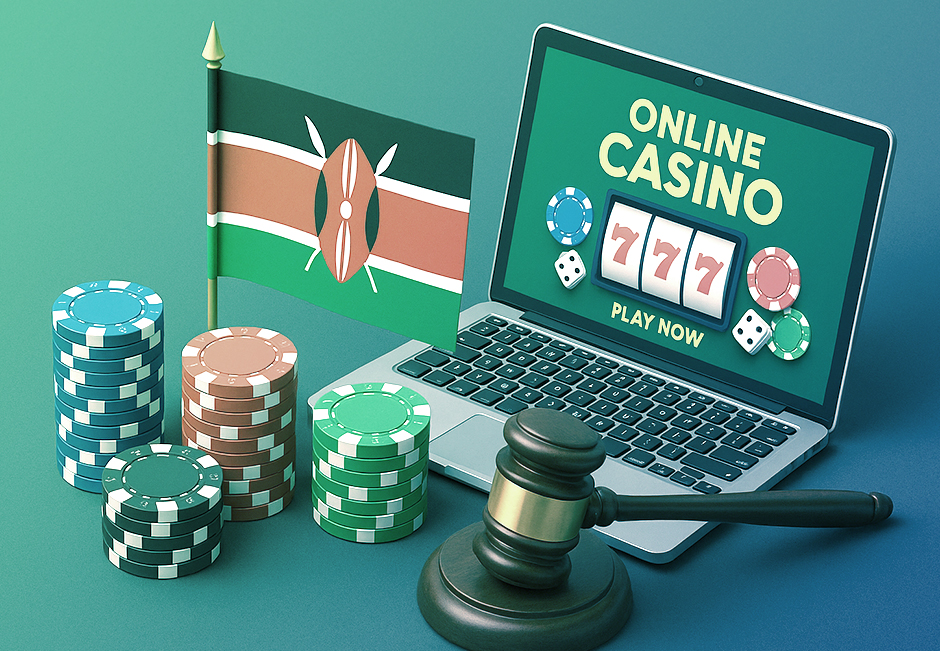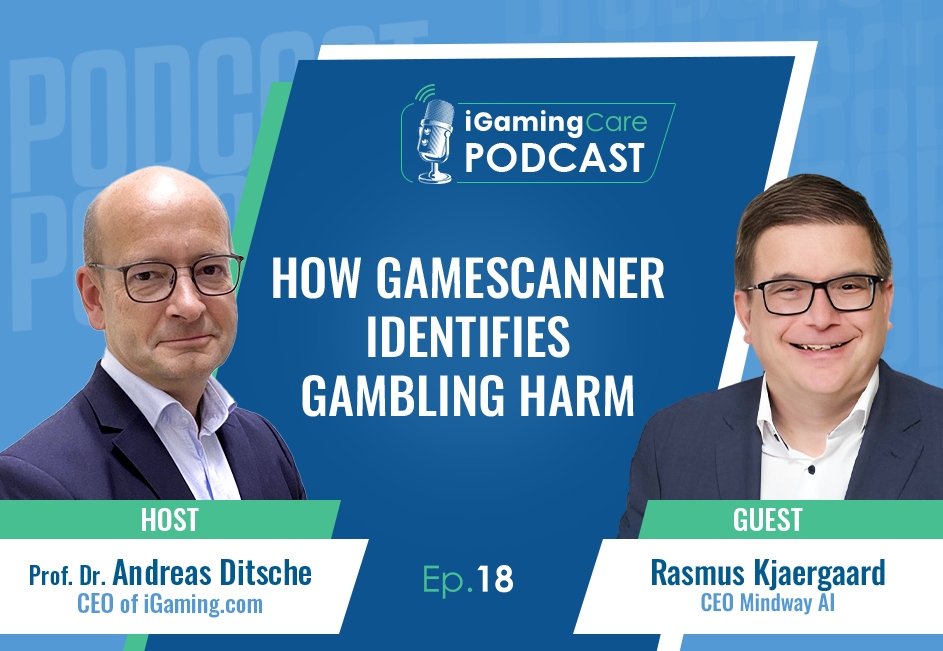
Kenya Introduces New Gambling Rules and 30-Day Ad Ban to Curb Addiction

Kenya has launched a campaign to help prevent addiction. As online gambling becomes more prevalent in the country, new regulations are required to keep players safe. The measures include better responsible gambling tools and a temporary advertisement ban. Here is everything you need to know about Kenya’s new regulations.
History of Kenya’s Gambling Laws
To understand Kenya’s current situation, it’s essential to know the history of its gambling laws. Gambling was first legalized in 1966 with the Lotteries, Betting, and Gaming Act. It also established the Betting Control and Licensing Board (BCLB) to regulate all forms of gambling. Under the law:
- Players must be at least 18 years old
- All winnings have a 20% tax
- Operators must hold a BCLB license
The 1966 Lotteries, Betting and Gaming Act legalized most forms of gambling, including casinos, horse racing, and sportsbooks. According to a survey conducted by GeoPoll, 83.9% of respondents in Kenya had gambled. That makes it one of the biggest gambling industries on the African continent.
The government recently approved the Gambling Control Bill, 2023, bringing significant changes. Operators must now pay a 15% gaming revenue tax. They must also make a $1.55 million security deposit confirming they comply with the policies. For foreign companies, this deposit is in addition to the regular $42,504 license fee.
Recent Issues with Gambling
The approval of this bill highlights the country’s desire to improve security measures for players. Kenya’s gambling industry has a revenue of around $1.21 billion. This has raised concerns among policymakers that players are spending more than they can afford.
As online gambling has been officially legalized with the Gambling Control Bill, it’s also important to create stronger regulations. That has led to initiatives such as:
- Bans on gambling advertisements
- Improved age verification and responsible gambling tools
- Stricter regulations on licensing
- Responsible gambling awareness campaigns
The co-founder of the Gambling Awareness Society of Kenya, Nelson Bwire, has expressed concerns over the prevalence of gambling in 2020. He claimed companies were exploiting people’s boredom during the COVID-19 pandemic. He emphasized that the government should focus on preventing mental health issues.
Before the Gambling Control Bill, many players had to gamble at offshore sites, which meant there weren’t adequate protections. The government is now looking to improve the situation by requiring all operators to have a BCLB license.
New Laws for Gambling in Kenya
To help curb gambling addiction, the government has partnered with the Association of Gaming Operators in Kenya (AGOK). AGOK will launch awareness campaigns to educate people on responsible gambling practices. It will also conduct a study to determine how much it affects citizens.
AGOK acknowledges the complex challenges associated with gaming, particularly around mental health, addiction prevention, and ethical standards.
Association of Gaming Operators in Kenya
Online gambling sites must implement stricter security measures, including advanced age-verification systems. They must implement safer gaming tools like self-exclusion and deposit limits. Additionally, operators must display responsible gambling messages.
The government is working on implementing 24/7 helplines for vulnerable players. It urges parents to discuss gambling risk with their teenagers and to remain alert to signs of addiction, like declining school grades.
A rapid response team has been formed to help manage these initiatives. It will work with agencies like the Directorate of Preventive and Promotive Health to address key issues.
The Ban on Gambling Advertisements
One of the most important new initiatives is the temporary ban on gambling advertisements. The BCLB issued an order effective from April 29, 2025, suspending all gambling ads for 30 days. It includes TV, influencer endorsements, billboards, push notifications, and social media campaigns.
The Betting Control and Licensing Board hereby calls upon all stakeholders, including but not limited to betting companies, media houses, digital platforms, telecommunication service providers, and members of the general public, to fully comply with this directive in the national interest.
Jane Mwikali Makau, BCLB Chairwoman
The BCLB believes that vulnerable people are overexposed to gambling advertisements on TV, particularly during the 5 am to 10 pm watershed period.
The BCLB is forming a response team to help prepare better regulations in the future. It is comprised of various organizations, such as the Ministry of Interior, the Kenya Film Classification Board, and the Media Council of Kenya.
During this ban, licensed operators must submit advertising material to the Kenya Film Classification Board. The board will then determine if they comply with the BCLB’s new advertisement regulations, providing the company with a certificate of approval. Operators will also have to promote responsible gambling in advertisements.
Future of Kenya’s Gambling Industry
As mobile phones become more widespread, making online gaming more accessible, Kenya’s gambling industry continues to grow. However, the industry is also gaining traction in other countries, with 90% of South African survey respondents saying they have gambled. While sports betting is the most popular type, many people prefer crash games like Aviator.
The gaming industry in Kenya continues to evolve rapidly, creating opportunities for economic growth, digital innovation, and employment.
Association of Gaming Operators in Kenya
The Kenyan government is increasingly focusing on improving industry regulations. Authorities are working on fully implementing the Gambling Control Bill, while citizens are asked to report illegal activities. Additionally, the Media Council of Kenya will develop a new programming code to help protect minors from harm.

